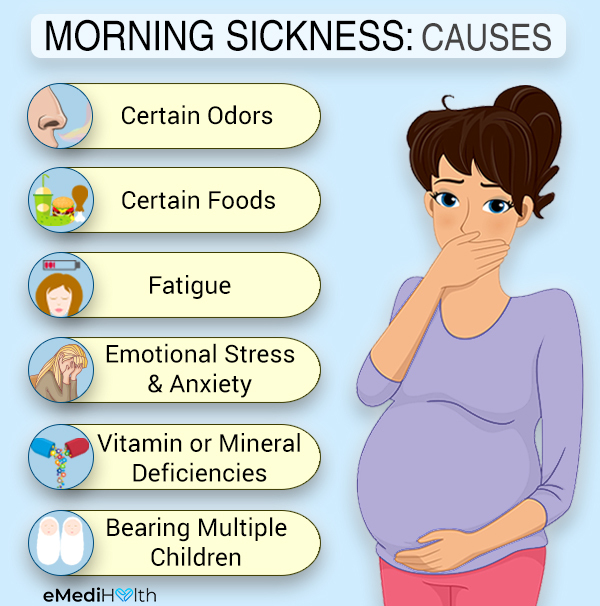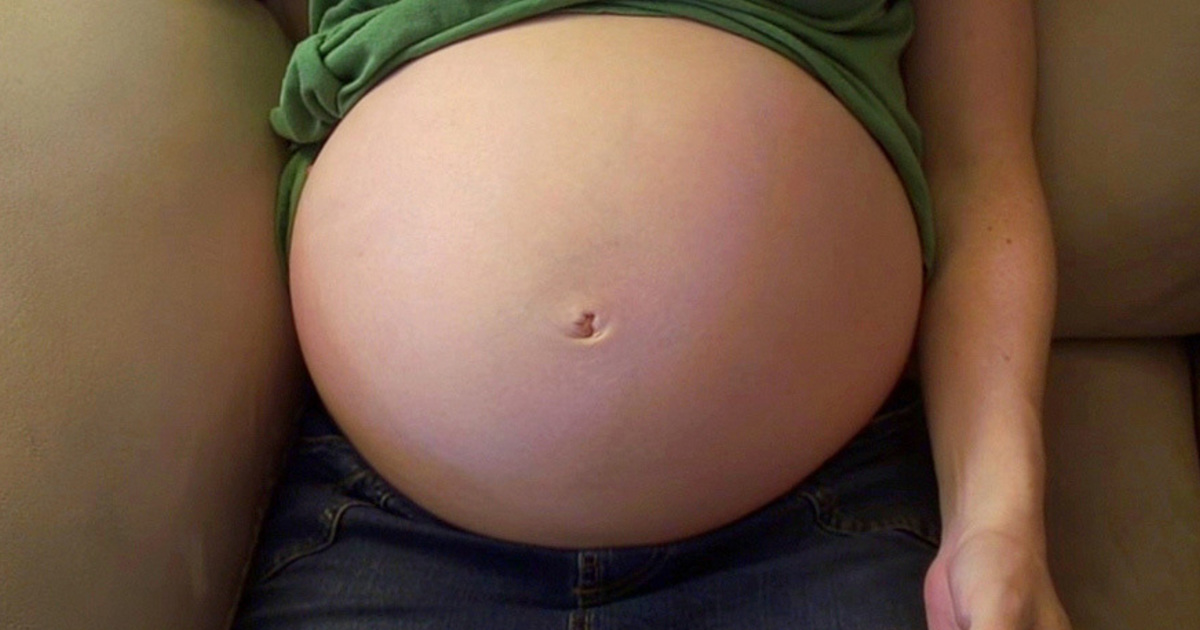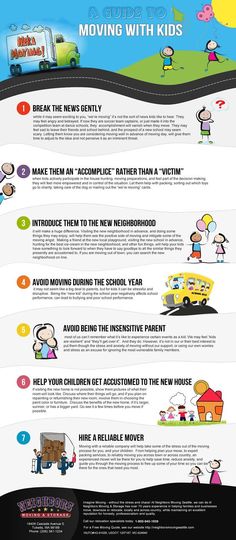Other reasons for morning sickness
What causes nausea in the morning, aside from pregnancy?
Pregnancy is perhaps the best-known cause of morning sickness, but there are many other causes. These include low blood sugar and dehydration. Many people experience nausea in the morning. Sometimes, it is only a temporary problem, but morning nausea can also be a chronic condition.
Many conditions, ranging from benign to very serious, may cause morning nausea. If symptoms do not improve within a few days, consider seeing a doctor.
Some medications can cause nausea. If a person feels nauseous after taking medication, they should talk to their doctor about it.
Morning nausea is not usually an emergency, unless it is accompanied by other serious symptoms.
In this article, we discuss some of the reasons, aside from pregnancy, a person may experience nausea in the morning.
Share on PinterestAnxiety may make a person feel nauseous in the morning.Mornings can be times of high anxiety. A person may feel overwhelmed as they consider the day ahead. Some people with anxiety disorders experience nausea when they feel anxious.
Nausea can make anxiety worse, especially for people who fear vomiting or who have anxiety about their health. This can begin a cycle of progressively worsening anxiety-related nausea.
Some strategies can help with anxiety-related nausea. Meditation may help some people calm their anxious mind. Therapy and anti-anxiety medications can also be helpful. For anxiety about having a rushed morning, waking earlier and putting into place a reliable morning routine may help.
Low blood sugar can cause nausea, as well as symptoms such as dizziness, shaking, confusing, and even fainting. In the morning, hunger often causes low blood sugar, so eating a meal may help.
People with diabetes may develop low blood sugar due to the medications they have to take. After several hours without a meal, blood sugar can drop to very low levels for people with diabetes who are taking medication.
People can try eating a meal immediately after waking up to prevent low blood sugar in the morning. People with diabetes may need to discuss medication and food options with their doctors.
People with diabetes may need to discuss medication and food options with their doctors.
Nausea is a common symptom of migraine headaches. Some other headaches, especially cluster headaches, can also cause nausea. Head pain, unusual sensations, and sensitivity to light are signs of migraine.
Most people who experience headaches notice specific triggers. For some people, headaches appear early in the morning. This may be because of muscle tension, stress, or exposure to light or sound. Low blood sugar because of hunger may also trigger migraine headaches.
A doctor can help with choosing the right headache treatment. Identifying any headache triggers often helps. Some people notice immediate improvements with prescription or over-the-counter (OTC) headache remedies.
Share on PinterestDehydration may cause a person to feel nauseated.
Dehydration can make some people feel nauseated. Other symptoms of dehydration include lightheadedness or dizziness, very dry-looking skin, sunken eyes, dark urine, not urinating or urinating very infrequently, and exhaustion.
Dehydration may occur in the morning after a person goes many hours without drinking water. People who drink alcohol or caffeine immediately before bed may be more vulnerable to morning dehydration.
Diarrhea and vomiting can cause dehydration, especially in children. Prolonged sweating, especially when not drinking enough water, may also cause dehydration.
Drinking water or an electrolyte drink may help. Sometimes, however, a serious underlying condition makes it difficult for the body to absorb enough water. When this happens, drinking water will not cure dehydration.
See a doctor right away if drinking water does not help with symptoms of dehydration.
The condition gastroesophageal reflux disease (GERD) occurs when some of the stomach’s contents travel backward, up into the esophagus and the back of the throat. This can cause nausea, burning, and pain. Most people call this pain heartburn.
The pain of heartburn and GERD may be worse in the morning, since lying down makes it easier for stomach contents to move in the wrong direction.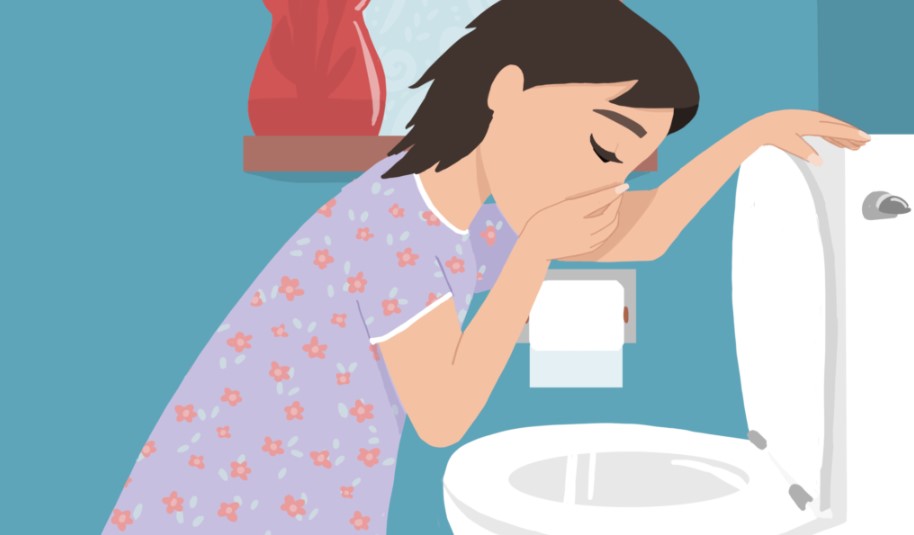 Some people also wake up with a cough or a hoarse voice.
Some people also wake up with a cough or a hoarse voice.
Some people find that specific foods, especially acidic ones, can trigger morning nausea from GERD. So, some people may choose to avoid such foods.
Other people find relief from eating smaller meals or taking OTC antacids. Taking prescription drugs may offer relief from severe heartburn.
Muscle tension in the neck and shoulders that triggers a headache commonly causes nausea and disorientation. Some other forms of muscle pain can also make a person feel nauseated.
Sleeping in an unusual position can make muscle pain worse in the morning. Some people notice that chronic pain is worse when they first get up. Some pain conditions, such as ankylosing spondylitis, or spinal arthritis, trigger a pain pattern that is worse in the morning.
Muscle pain that causes nausea can be temporary. It may also be a sign of a serious underlying condition such as arthritis, herniated discs, fibromyalgia, or a serious muscle condition.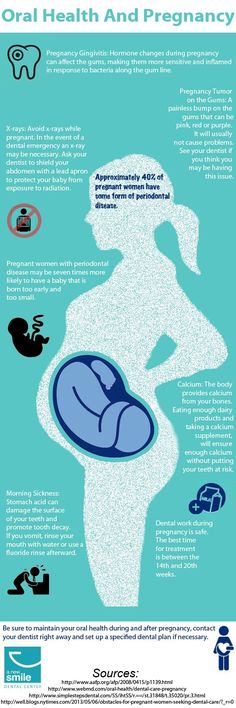
People should see a doctor if the pain does not subside within a few days.
Some people find that gently stretching helps with morning muscle pain and the nausea that sometimes accompanies it. A heating pad or ice pack applied to the painful area for 20 minutes may also help.
Many drugs, including illegal and recreational drugs, prescription drugs, and even caffeine, can cause withdrawal symptoms. Nausea is one of the most common symptoms of withdrawal.
When a person goes longer than usual without a drug, they may experience withdrawal, including in the morning before their first use.
For people taking prescription drugs that trigger withdrawal, it is important to discuss symptoms with a doctor. Changing the dosing schedule or tapering off the drug might help.
For people addicted to drugs, including legal drugs such as caffeine, the best strategy for preventing morning nausea is to stop using them. Support groups, therapy, 12-step programs, and inpatient or outpatient rehabilitation may help.
Share on PinterestA person should call 911 or go to the emergency room if they have nausea with a high fever.
Go to the emergency room or call 911 for morning nausea occurring with:
- vomiting blood
- intense stomach pain that gets progressively worse
- a high fever
- changes in consciousness or awareness
People with diabetes who experience intense nausea that does not get better after eating may be experiencing diabetic ketoacidosis. If this occurs, they should call a doctor right away or go to the emergency room.
If morning nausea does not get better within a few days, call a doctor. It may be helpful to keep a log of triggers, including any recent diet, lifestyle, or medication changes. This can help doctors pinpoint the cause of nausea.
Waking up nauseous is an unpleasant way to start the day. In most cases, the nausea is a temporary inconvenience, not a sign of a serious medical condition.
The right combination of home remedies and medical treatments can almost always help.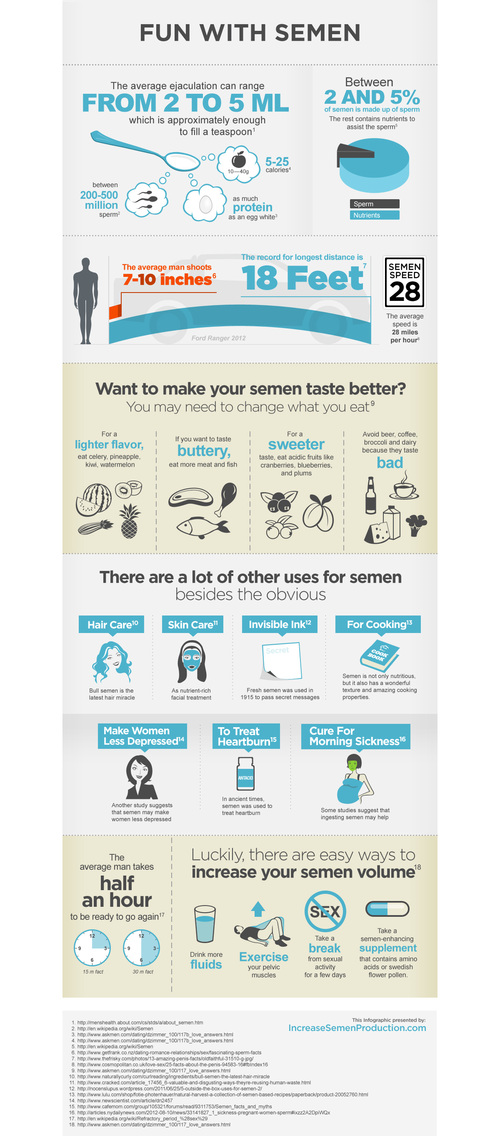 People should see a doctor if symptoms do not improve after a few days.
People should see a doctor if symptoms do not improve after a few days.
What causes nausea in the morning, aside from pregnancy?
Pregnancy is perhaps the best-known cause of morning sickness, but there are many other causes. These include low blood sugar and dehydration. Many people experience nausea in the morning. Sometimes, it is only a temporary problem, but morning nausea can also be a chronic condition.
Many conditions, ranging from benign to very serious, may cause morning nausea. If symptoms do not improve within a few days, consider seeing a doctor.
Some medications can cause nausea. If a person feels nauseous after taking medication, they should talk to their doctor about it.
Morning nausea is not usually an emergency, unless it is accompanied by other serious symptoms.
In this article, we discuss some of the reasons, aside from pregnancy, a person may experience nausea in the morning.
Share on PinterestAnxiety may make a person feel nauseous in the morning.
Mornings can be times of high anxiety. A person may feel overwhelmed as they consider the day ahead. Some people with anxiety disorders experience nausea when they feel anxious.
Nausea can make anxiety worse, especially for people who fear vomiting or who have anxiety about their health. This can begin a cycle of progressively worsening anxiety-related nausea.
Some strategies can help with anxiety-related nausea. Meditation may help some people calm their anxious mind. Therapy and anti-anxiety medications can also be helpful. For anxiety about having a rushed morning, waking earlier and putting into place a reliable morning routine may help.
Low blood sugar can cause nausea, as well as symptoms such as dizziness, shaking, confusing, and even fainting. In the morning, hunger often causes low blood sugar, so eating a meal may help.
People with diabetes may develop low blood sugar due to the medications they have to take. After several hours without a meal, blood sugar can drop to very low levels for people with diabetes who are taking medication.
People can try eating a meal immediately after waking up to prevent low blood sugar in the morning. People with diabetes may need to discuss medication and food options with their doctors.
Nausea is a common symptom of migraine headaches. Some other headaches, especially cluster headaches, can also cause nausea. Head pain, unusual sensations, and sensitivity to light are signs of migraine.
Most people who experience headaches notice specific triggers. For some people, headaches appear early in the morning. This may be because of muscle tension, stress, or exposure to light or sound. Low blood sugar because of hunger may also trigger migraine headaches.
A doctor can help with choosing the right headache treatment. Identifying any headache triggers often helps. Some people notice immediate improvements with prescription or over-the-counter (OTC) headache remedies.
Share on PinterestDehydration may cause a person to feel nauseated.
Dehydration can make some people feel nauseated. Other symptoms of dehydration include lightheadedness or dizziness, very dry-looking skin, sunken eyes, dark urine, not urinating or urinating very infrequently, and exhaustion.
Other symptoms of dehydration include lightheadedness or dizziness, very dry-looking skin, sunken eyes, dark urine, not urinating or urinating very infrequently, and exhaustion.
Dehydration may occur in the morning after a person goes many hours without drinking water. People who drink alcohol or caffeine immediately before bed may be more vulnerable to morning dehydration.
Diarrhea and vomiting can cause dehydration, especially in children. Prolonged sweating, especially when not drinking enough water, may also cause dehydration.
Drinking water or an electrolyte drink may help. Sometimes, however, a serious underlying condition makes it difficult for the body to absorb enough water. When this happens, drinking water will not cure dehydration.
See a doctor right away if drinking water does not help with symptoms of dehydration.
The condition gastroesophageal reflux disease (GERD) occurs when some of the stomach’s contents travel backward, up into the esophagus and the back of the throat. This can cause nausea, burning, and pain. Most people call this pain heartburn.
The pain of heartburn and GERD may be worse in the morning, since lying down makes it easier for stomach contents to move in the wrong direction. Some people also wake up with a cough or a hoarse voice.
Some people find that specific foods, especially acidic ones, can trigger morning nausea from GERD. So, some people may choose to avoid such foods.
Other people find relief from eating smaller meals or taking OTC antacids. Taking prescription drugs may offer relief from severe heartburn.
Muscle tension in the neck and shoulders that triggers a headache commonly causes nausea and disorientation. Some other forms of muscle pain can also make a person feel nauseated.
Sleeping in an unusual position can make muscle pain worse in the morning. Some people notice that chronic pain is worse when they first get up. Some pain conditions, such as ankylosing spondylitis, or spinal arthritis, trigger a pain pattern that is worse in the morning.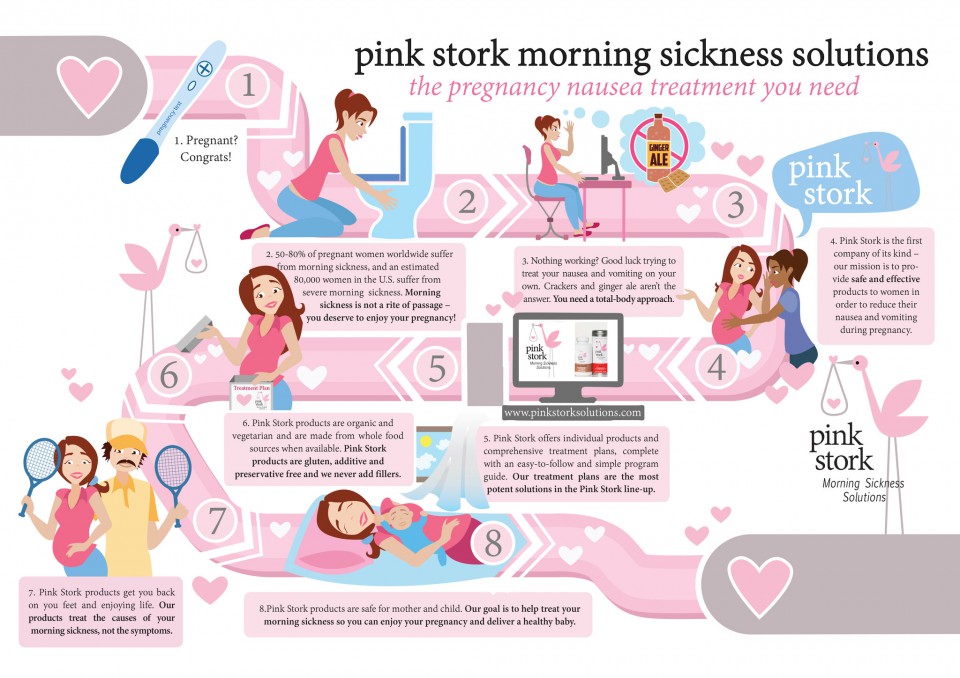
Muscle pain that causes nausea can be temporary. It may also be a sign of a serious underlying condition such as arthritis, herniated discs, fibromyalgia, or a serious muscle condition.
People should see a doctor if the pain does not subside within a few days.
Some people find that gently stretching helps with morning muscle pain and the nausea that sometimes accompanies it. A heating pad or ice pack applied to the painful area for 20 minutes may also help.
Many drugs, including illegal and recreational drugs, prescription drugs, and even caffeine, can cause withdrawal symptoms. Nausea is one of the most common symptoms of withdrawal.
When a person goes longer than usual without a drug, they may experience withdrawal, including in the morning before their first use.
For people taking prescription drugs that trigger withdrawal, it is important to discuss symptoms with a doctor. Changing the dosing schedule or tapering off the drug might help.
For people addicted to drugs, including legal drugs such as caffeine, the best strategy for preventing morning nausea is to stop using them. Support groups, therapy, 12-step programs, and inpatient or outpatient rehabilitation may help.
Support groups, therapy, 12-step programs, and inpatient or outpatient rehabilitation may help.
Share on PinterestA person should call 911 or go to the emergency room if they have nausea with a high fever.
Go to the emergency room or call 911 for morning nausea occurring with:
- vomiting blood
- intense stomach pain that gets progressively worse
- a high fever
- changes in consciousness or awareness
People with diabetes who experience intense nausea that does not get better after eating may be experiencing diabetic ketoacidosis. If this occurs, they should call a doctor right away or go to the emergency room.
If morning nausea does not get better within a few days, call a doctor. It may be helpful to keep a log of triggers, including any recent diet, lifestyle, or medication changes. This can help doctors pinpoint the cause of nausea.
Waking up nauseous is an unpleasant way to start the day. In most cases, the nausea is a temporary inconvenience, not a sign of a serious medical condition.
The right combination of home remedies and medical treatments can almost always help. People should see a doctor if symptoms do not improve after a few days.
Why nausea in the morning on an empty stomach - causes and how to treat at home
Most often, pregnant women face nausea in the morning on an empty stomach, due to intoxication, but it is not uncommon for this problem to occur in males or even children
Do not worry too much if you have encountered such a problem once, it is likely that this is a banal poisoning. But, if nausea in the morning on an empty stomach does not go away, you should immediately consult a doctor. Some people are used to dealing with this problem with folk remedies and medicines and they really get better, but it is worth considering that most likely the disease or pathology itself continues to develop. And as a result, it will turn into a more serious form. That is why it is so important to consult a doctor who will find out the cause of morning sickness and prescribe the most effective treatment.
Possible diseases
Most often, morning sickness on an empty stomach may indicate the presence of the following diseases: unpleasant symptoms. This is due to inflammatory processes in the duodenum 12. The patient can also be tormented by: burning, bloating during and after eating, heartburn.
Other causes of nausea in the morning
After excluding the above diseases from the list of causes, the following causes can be considered:
- Pregnancy.
 Intoxication and nausea in the morning is often found in pregnant women, especially in the early stages. This is a normal reaction of the body to significant changes and hormonal changes. It is very important to completely exclude drugs for the treatment of the digestive tract during pregnancy. These funds can have an extremely negative impact on the health of the patient, the unborn child and the course of pregnancy. Therefore, you will have to endure this ailment and get by with folk remedies, but be sure to consult your doctor.
Intoxication and nausea in the morning is often found in pregnant women, especially in the early stages. This is a normal reaction of the body to significant changes and hormonal changes. It is very important to completely exclude drugs for the treatment of the digestive tract during pregnancy. These funds can have an extremely negative impact on the health of the patient, the unborn child and the course of pregnancy. Therefore, you will have to endure this ailment and get by with folk remedies, but be sure to consult your doctor. - Migraine. Morning sickness on an empty stomach may precede a severe headache. You will most likely still feel a lot of noise and increased sensitivity to smells.
- High blood pressure (hypertension). The problem of morning sickness can be accompanied by headache and dizziness. If you do not pay attention to these symptoms in a timely manner, you risk starting this disease, which in turn can lead to a stroke.
- Cardiovascular disease - rarely, nausea on an empty stomach occurs with heart failure or developing myocardial infarction.
 If nausea is accompanied by pain, a feeling of heaviness and tightness behind the sternum, numbness or tingling in one half of the body, it is necessary to seek medical help as soon as possible, as this may be an incipient myocardial infarction.
If nausea is accompanied by pain, a feeling of heaviness and tightness behind the sternum, numbness or tingling in one half of the body, it is necessary to seek medical help as soon as possible, as this may be an incipient myocardial infarction. - Increased intracranial pressure - Nausea and regurgitation in infants can occur when pressure increases inside the ventricles of the brain.
What to do if you feel sick in the morning
It is important to understand that regular morning sickness is a signal of the presence of a pathology or disease and it is highly undesirable to self-medicate. Be sure to consult a doctor for an examination, but if you don’t have such an opportunity at the moment, there are several effective ways that will help reduce or temporarily get rid of this problem:
- Medicines. You need to be very careful and you must be sure that morning sickness is not the cause of pregnancy or an intestinal disease.
- Ginger root, mint and lemon drinks.
 You can make infusions of these products for maximum effect, simply by adding them to a glass and boiling water, after 15 minutes you will have a very effective and safe (in the absence of allergies) remedy for morning sickness. YOU can also just add them to hot tea.
You can make infusions of these products for maximum effect, simply by adding them to a glass and boiling water, after 15 minutes you will have a very effective and safe (in the absence of allergies) remedy for morning sickness. YOU can also just add them to hot tea. - Medicinal collection - if nausea relentlessly torments you in the morning, you can try a collection of mint, oak bark and celandine. To prepare the drink, take 1 tsp of mint leaves, dried oak bark and chopped celandine, pour 0.5 l of boiling water and boil in a water bath for 10 minutes. After the broth is cooled and filtered, take 1 tablespoon 3-5 times a day before meals.
- During pregnancy. There are some little tricks you can use. For example, do not get out of bed quickly, drink plenty of fluids. Eliminate fatty and heavy foods from your diet. Eat small meals several times a day.
Why you feel sick in the morning: causes and methods of eliminating the problem
- Articles
2984
Share
Nausea in the morning can be caused by various conditions and diseases freepik.com- Nausea due to lack of sleep
- Low blood sugar
- Nausea due to acid reflux
- Morning anxiety, anxiety and nausea
- Other causes of morning sickness
- How to get rid of morning sickness
9 as the cause of some disease. Nausea may not necessarily be associated with problems of the gastrointestinal tract. It turns out that there are many reasons why a person feels sick in the morning on an empty stomach. Why do you feel sick in the morning?
Nausea due to lack of sleep
Nausea in the morning may be due to not getting enough sleep. The fact is that our biorhythms are closely connected with the gastrointestinal tract. If circadian rhythms are disrupted, it may well cause morning sickness.
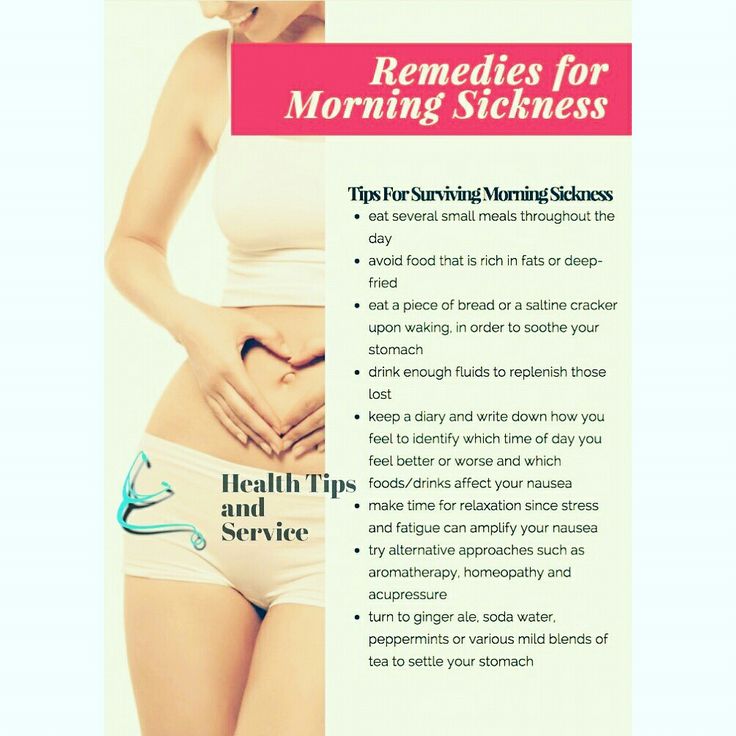 By the way, this is the most common cause of nausea in the morning.
By the way, this is the most common cause of nausea in the morning.
Low blood sugar
The second common cause of morning sickness is low blood sugar. If you wake up and feel nauseous and dizzy, eat something carbohydrate. Often, the first meal after a night's sleep should improve the condition, because immediately after the meal, blood sugar levels rise.
Nausea due to acid reflux
You may have eaten something spicy, fatty or fried the night before. Such food lingers in the stomach for a long time, and the acid rises up the esophagus, especially if you take a horizontal position (go to bed). Watch your evening diet. If you feel sick in the morning because of evening overeating or unhealthy food at night, exclude such moments and reconsider your diet. Dinner should be light and as useful as possible. Well, try not to overeat - it can also cause nausea in the morning. If heartburn often torments you, we recommend that you contact a gastroenterologist and read an article about drugs that help get rid of heartburn (of course, only a doctor prescribes them!).
Nocturnal reflux (heartburn) can cause morning sickness Monkey Business Images
Morning restlessness, anxiety and nausea
This condition can also cause morning sickness. For example, you didn't sleep well at night because you were worried about exams, an upcoming job interview, family problems, etc. In the morning, it is quite possible that you will feel nauseous.
Other causes of morning sickness
- It is important to determine whether morning sickness occurs only occasionally or is a systematic phenomenon. If you feel sick often, the reasons may be as follows.
- Side effects of medications you are taking.
- Intoxication of the body due to food, alcohol or any other poisoning.
- May vomit if there are problems with the gastrointestinal tract. Parallel symptoms will be: bitterness in the mouth, flatulence, abdominal pain, heartburn, etc.
- Morning sickness may manifest hypertension, hypotension (low blood pressure), pressure surges.
 Headaches and pains in the heart, shortness of breath and even vomiting are possible.
Headaches and pains in the heart, shortness of breath and even vomiting are possible. - Nausea in the morning (nausea usually turns into vomiting and sharp pain in the abdomen) may be due to acute appendicitis.
- Pregnancy is one of the conditions in women when they can feel sick in the morning.
- Morning sickness may occur in those who have a disrupted endocrine system (namely, the thyroid gland).
- Some psychological problems (depression, panic attacks, etc.) can also cause nausea.
If you have not identified the cause of nausea and could not eliminate it, be sure to consult a doctor - this symptom should not be ignored.
Ginger tea helps with nausea freepik.com
How to get rid of morning sickness
- Ginger is an effective folk remedy to combat nausea. You can make your own tea with ginger root. Pour a teaspoon of crushed ginger into a glass of boiling water and let it steep for 20 minutes.
- Lemon also helps stop nausea.
